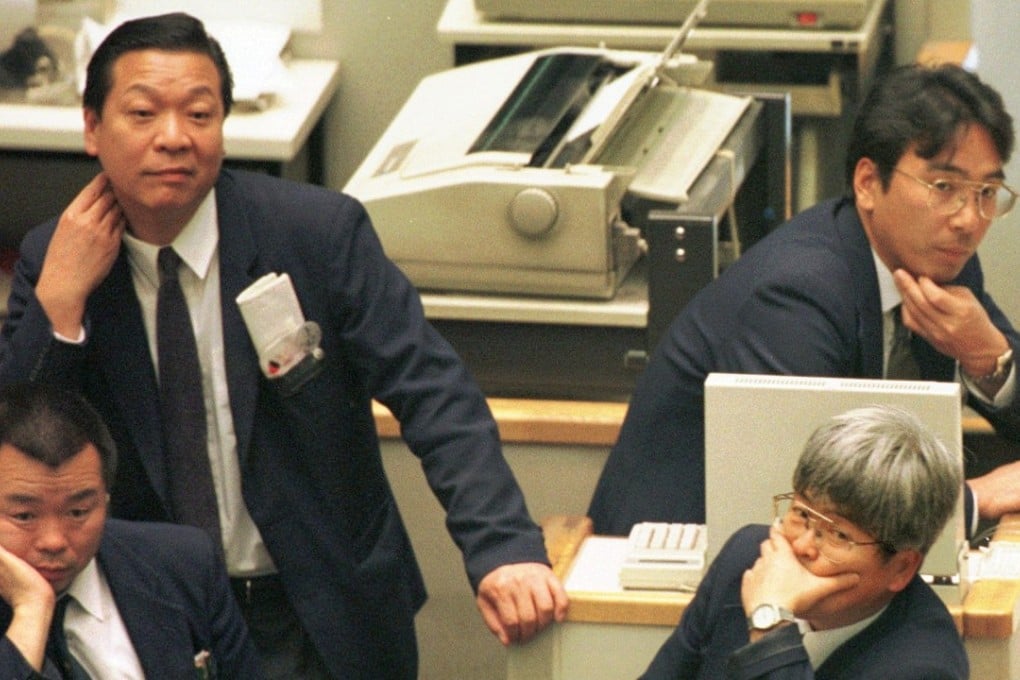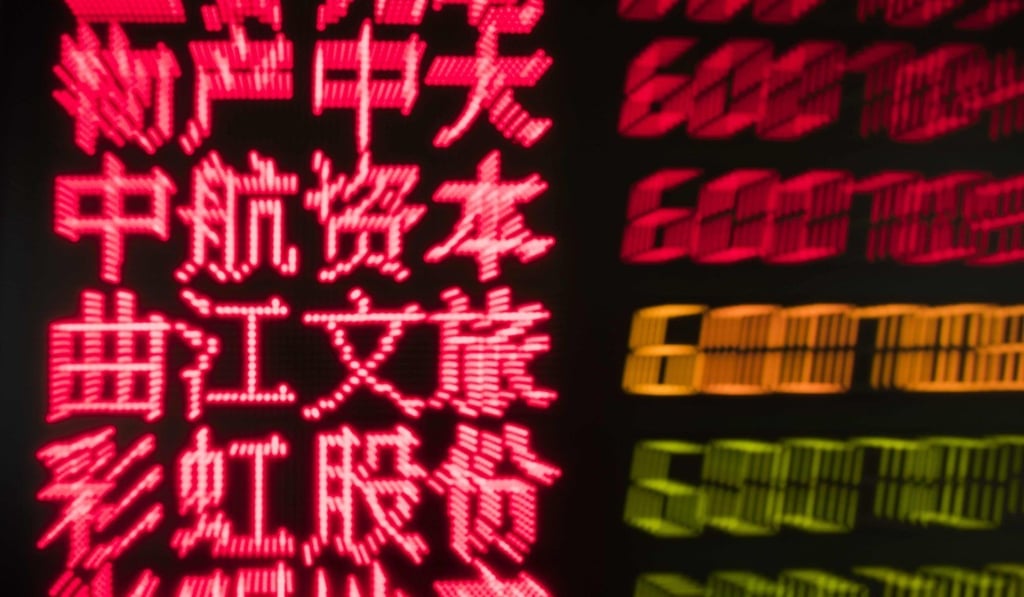Quick Take | Here’s a lesson from the 1997 stock crash: don’t panic
On the surface, conditions seem ripe for a repeat of the sell-off two decades ago. But there are some big differences between then and what we are witnessing today

A financial contagion from Wall Street spreads across the Pacific to hammer Asian markets. Regional stocks plummet from Shanghai to Singapore. Hong Kong’s Hang Seng Index takes one brutal daily beating after another, amid talk of an overdue “correction”. That was pretty much the story I wrote for The Washington Post in October of 1997, when the New York Stock Exchange plunged more than 7 per cent and trading was briefly suspended. But the essential elements would read pretty much the same for what we saw happening this past week.
Why China and Hong Kong must heed America’s immigration debate
Regional stocks once again seem in free-fall. And, on the surface, the culprit once again is New York, and the bad news from Wall Street which invariably infects Asian market confidence. Then, like now, there were concerns about overvalued markets and “bubble” economies – the housing bubble, the debt bubble, the dot-com bubble.

But there are big differences between the big October 1997 sell-off and what we may be witnessing today.
The 1997 collapse was precipitated by a full-blown regional economic crisis that began with the collapse of the Thai baht at the beginning of July in 1997. Thailand, South Korea and Indonesia all saw their currencies collapse against the dollar, sparking a wave of corporate bankruptcies and unemployment spiralling overnight. Wall Street was initially immune to the problems across the Pacific, but investors eventually became spooked.
China may crow as US shuts down, but death of the West is greatly exaggerated
The currency crisis exposed how the East Asian “tiger” economies had actually been zooming along on borrowed money and piles of bad debt. Largely unregulated banks were making shoddy loans to all kinds of shady customers, like the convicted swindler known as “the Biscuit King” in Thailand who got a series of questionable loans from the Bangkok Bank of Commerce. Ordinary people were buying and selling new condos like it was the back room of a Macau casino.
Watch: Wall Street tumbles again

